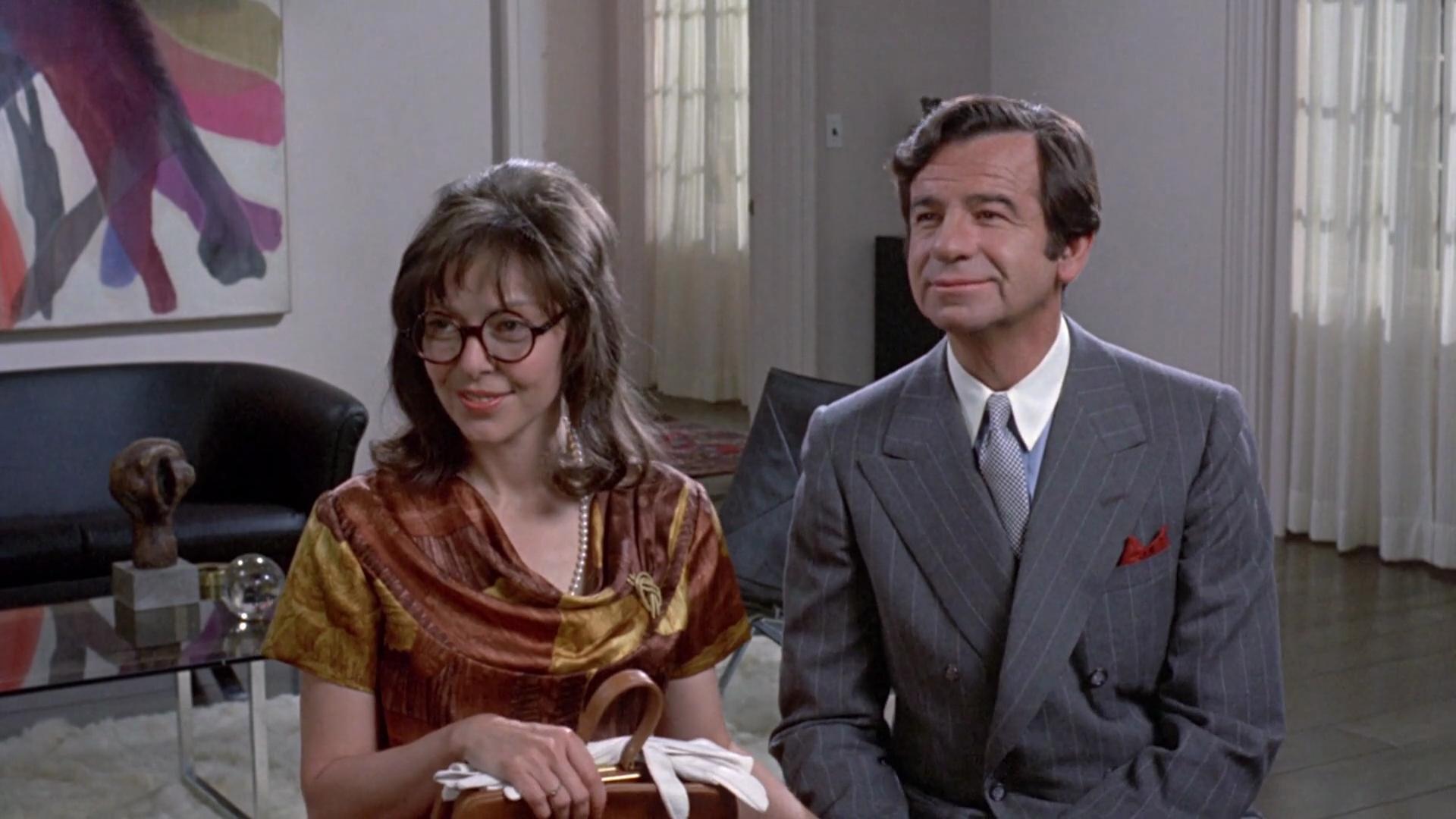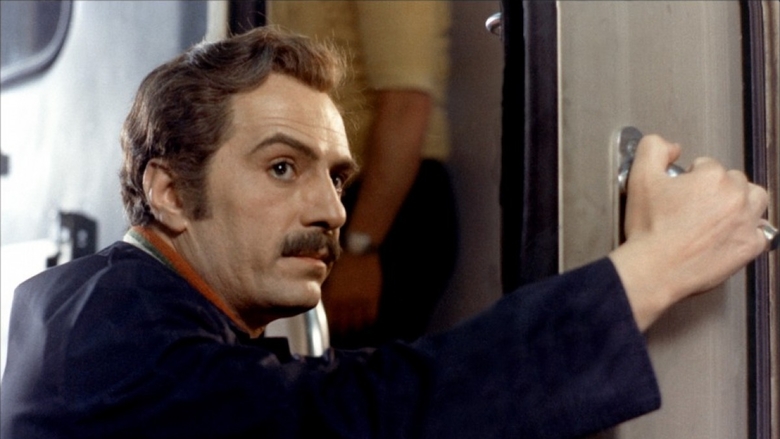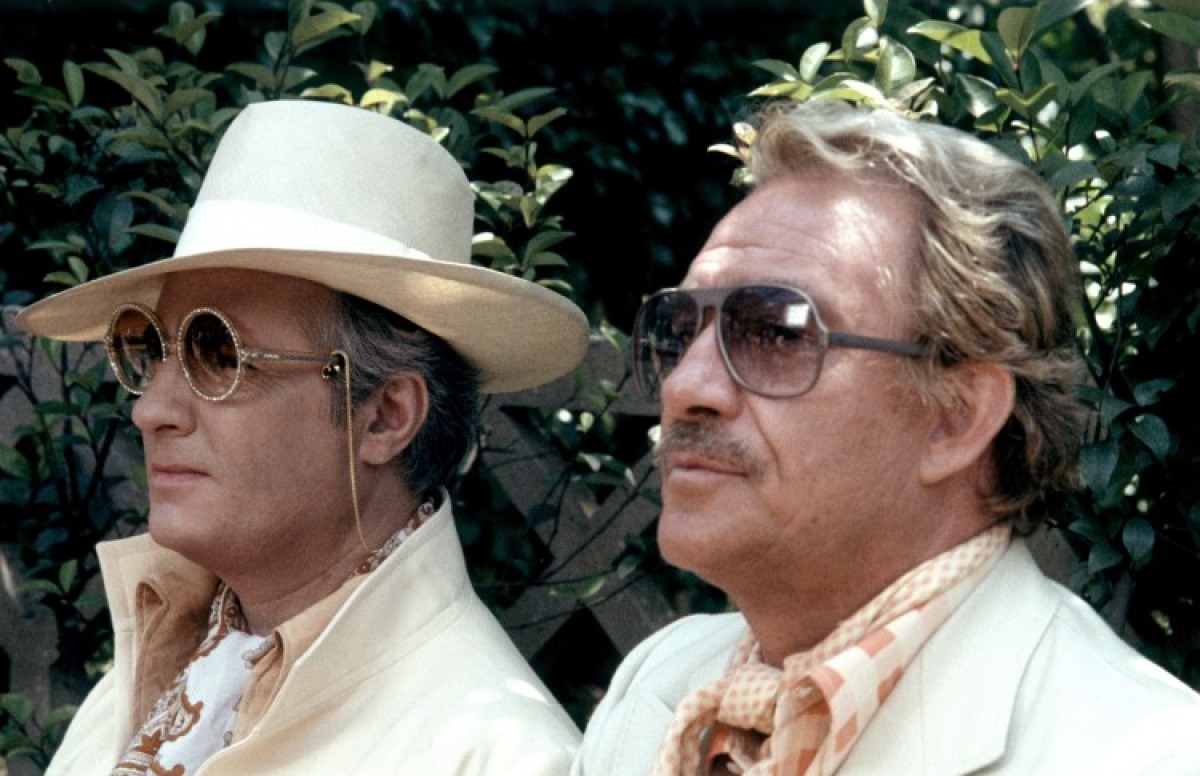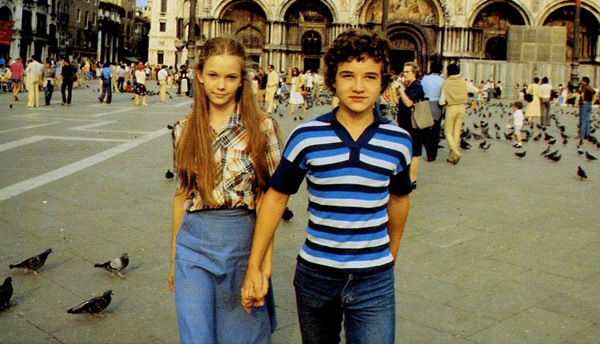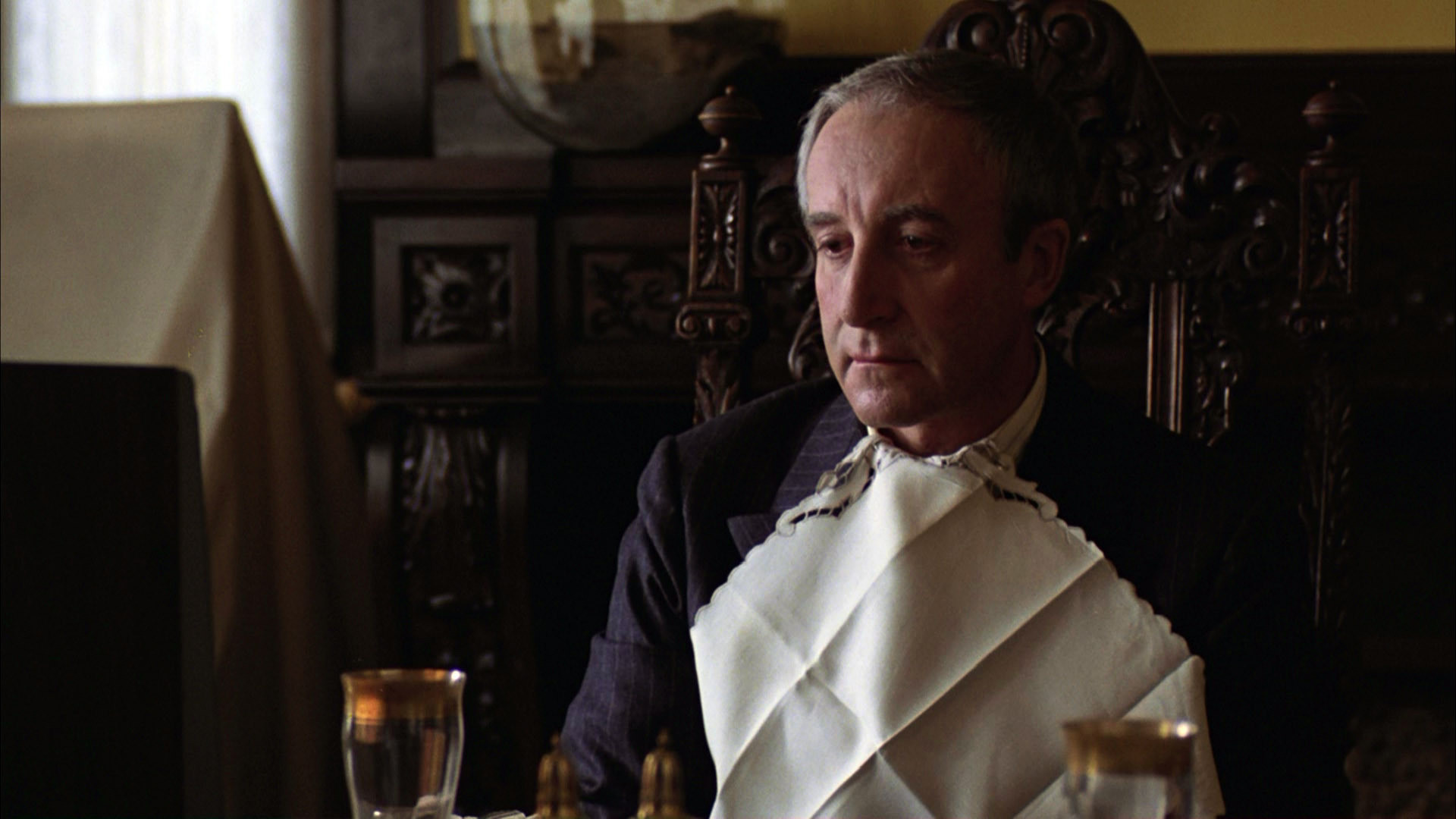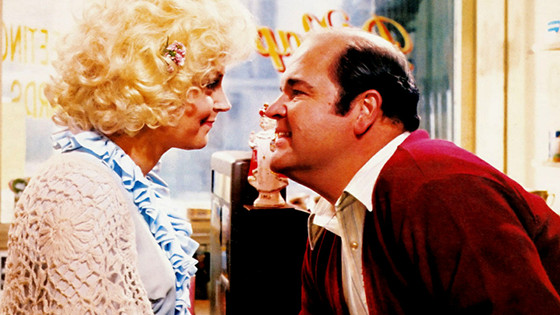7. A New Leaf (1971)
Aging rich playboy Henry Graham (Walter Matthau) is living the good life and doesn’t want to be bothered with any annoying details … such as his dwindling bank account. Finally, it happens: the checks bounce and Henry is broke. The only sensible thing for Henry to do (work being out of the question) is to marry a rich girl – fast. In fact, he has six weeks before his last bit of money runs out to find the “girl of his dreams” .. which basically boils down to being filthy rich.
When Henry meets Henrietta Lowell (Elaine May), an absent-minded-professor type with an astronomical fortune, Henry believes he has hit the jackpot .. and then some. He infers from Henrietta’s somewhat scattered personality and easy-going nature that she is the perfect mate: not only does she have money, but she won’t quibble about how it will be spent.
Henry marries Henrietta and soon finds out he has not been the only one who had thought the same, her whole household staff has been robbing her blind for years. Henry throws them out and takes over managing the household, ably assisted by his butler, Harold. To Henry’s surprise, he discovers, that he actually very good at it and finds work enjoyable.
Henry, is not content with this seemingly charmed existence, he wants more and how he plans to do so and if he is successful becomes the main theme of the story.
A New Leaf was Elaine Mays’ writing and directing debut and was received well by the critics. It was followed up next year by “The Heartbreak Kid” (another film worth checking out) to even greater critical praise.
8. Bread and Chocolate (1974)
Franco Brusati’s commedia all’italiana is about Nino Garofalo (Nino Manfredi) and his struggles to make it as an Immigrant Worker in Switzerland. Nino has left his native Italy for a better life, a life, as the title implies of not just the basics, but a bit of luxury too.
Any success is hampered by bad luck, a somewhat veiled disdain the Swiss have for “guest workers” and the reality that Nino is sometimes his own worst enemy.
Nino’s struggle to assimilate is a universal one. Whether we’re the new guy at work or starting a new life in a new country, it all boils down to the same thing: we want to be, if not liked, at least accepted and we can identify with Nino’s overanxious attempts to be (as one reviewer put it) “more Swiss than the Swiss”.
Bread and Chocolate was a critical and popular success. It won several awards and has made it’s way into popular culture. I think anyone growing up around the time of this film can recall at least one store or restaurant whose name was pretty similar to the title.
9. La Cage aux Folles (1978)
Before “The Birdcage” and the Broadway musical, there was the first, the best and original “La Cage.” If all you have ever seen are the aforementioned versions, you are in for a treat. An adaptation of the 1973 play, “La Cage” is the story of a gay couple (owners of a drag club of the same name) Renato (Ugo Tognazzi) and Albin (Michel Serrault) whose way of life, different as it may be, becomes derailed when their son Laurent (Remi Laurent) announces his engagement to Andrea Charrier (Luisa Maneri).
The trouble is not so much that he is getting married, it’s who he’s marrying – or her family really. Andrea’s parents head an ultra-conservative “family values” movement .. sort of a “French Moral Majority”. It becomes apparent quickly, that her parents will not accept Renato and Albin with open arms – not the way they are everyday. So a plan is hatched for one night, one dinner with the in-laws-to-be and they’ll worry about everything else after the wedding.
Alas, like many a well-laid plan, all does not go well. Amid the fruitless attempts to keep the facade of conformity from crumbling, Renato wonders, “just why are we doing this again? Should, we be doing this?”
La Cage aux Folles was an international smash, and remains one of the most successful films released in the US. Besides the remakes listed above, there were two French sequels and a pitch to ABC in 1979 for a sit-com “Adam and Yves” which was never made. America, they figured, was just not ready.
10. A Little Romance (1979)
When 13 year old Lauren King (Diane Lane) and Daniel Michon (Thelonious Bernard) meet at a museum, the attraction is instantaneous. Both are precociously intelligent, making them too smart for their peers but too young for adults. While the young couple are blissfully happy, neither Lauren’s upper class American mother, nor Daniel’s working class father are happy with the relationship and their pigheadedness make the young lovers “Romeo and Juliet”. One of the few persons sympathetic to their love is Julius (Laurence Olivier) an elderly gentleman. When Lauren and Daniel hatch a plan to cement their love forever, Julius helps them to travel to Venice (without their parents knowledge) and an International chase begins.
At it’s release, A Little Romance although individual performances were praised, as a whole, it received lukewarm reviews. Over the years, upon it’s release to video and DVD, the film has been seen in a whole new light and has received critical acclaim. Like a fine wine, this film has aged well with time.
11. Being There (1979)
Hal Ashby directed this adaptation of Jerzy Kosiniki’s 1970 satiric look at the surreal, cultural dearth that is American Media (which, in 1979 was TV, Radio & Newspapers – Twitter, Facebook and the like had to wait).
Peter Sellers plays Chance, a middle aged gardener in the house of a well-to-do gentleman. He has been taken care of kindly by Louise the Housekeeper and,due to Chance’s manic obsession with TV, we may assume that Louise used it as a babysitter .. a lot. The other details of his life, other than he has been at the house since a child, is clouded in mystery, and remains so for the rest of the movie.
Chance’s cocoon-like existence (he has never left the grounds of the house and has learned everything about life via the television) changes abruptly when his benefactor dies and is gruffly thrown out of the house by the lawyers handling the estate, leaving Chance (who has never had to cook a meal or make a bed) to fend for himself for the first time.
By way of a very fortuitous event, Chance finds himself back in the lap of luxury. He is taken in and befriended by the uber-rich Mr & Mrs Ben Rand ( Melvyn Douglas and Shirley MacLaine). Not knowing of who Chance is and where he came from, his naivete is seen as something profound and deep against the jaded mores of modern society. Almost immediately, he becomes a cultural phenomenon.
Chance’s meteoric rise as Sage and Prophet and, more importantly, just why he does is the heart of the story. Just who we revere and for what reasons, what makes a person famous in our society, and the yardstick by which we measure our heroes is satirized by Kosiniki, who also wrote the screenplay. Warhol once said that “everyone would be famous for about 15 minutes”. It should be noted he never said why we would be famous.
12. Fatso (1980)
Anne Bancroft wrote and directed this sweet and poignant tale of life in Modern America, a land that is at the same time obsessed with food and being thin.
Dom DiNapoli (Dom DeLuise) is an all-around nice guy: kind, generous, hard working and (due to his Mother who equated food with love) unfortunately, fat, or at least a bit stocky, and therefore just can’t seem to get a girl. When his beloved cousin Sal dies suddenly at 39 due to his compulsive eating and a pretty girl opens a store near the Card Store he runs with his sister Antoinette (Bancroft), Sal decides it’s time to lose weight.
The result is an expose of the hideous weight-loss options that were available in 1980 (and really, very little has changed). His choices are a weight-loss doctor, whose ultra strict diet leaves you living on steamed kale and air (which was the inspiration for the movies hilarious poster) or “Chubby Checkers” a fictitious organization that shames you at their meetings and gives support via sponsors a la AA, who, in one sequence that is both funny and sad, prove that they are not much help.
Anyone who had struggled with “the battle of the bulge” will definitely identify with all Sal goes through for the desired state of all happiness: thin. A struggle so true to life that the psychiatric monograph “Eating Disorders” gave Fatso a positive review, particularly on Bancroft’s acumen on life in modern society “that fat is the only sin in America.”
Author Bio: Georgette is a College Professor,Lecturer, Author and All-Around Cinema-Nut. Her first book “All Else is Folly (under the pen name “Bronwyn Douglas) is a historical fiction on the life of Buster Keaton . She is a proud “Damfino” .. a member of the International Buster Keaton Society and helps to spread the appreciation of not just Buster, but all silent films as the curator of a Silent Film Series at The Rosendale Theatre Collective in Ulster County, NY.
